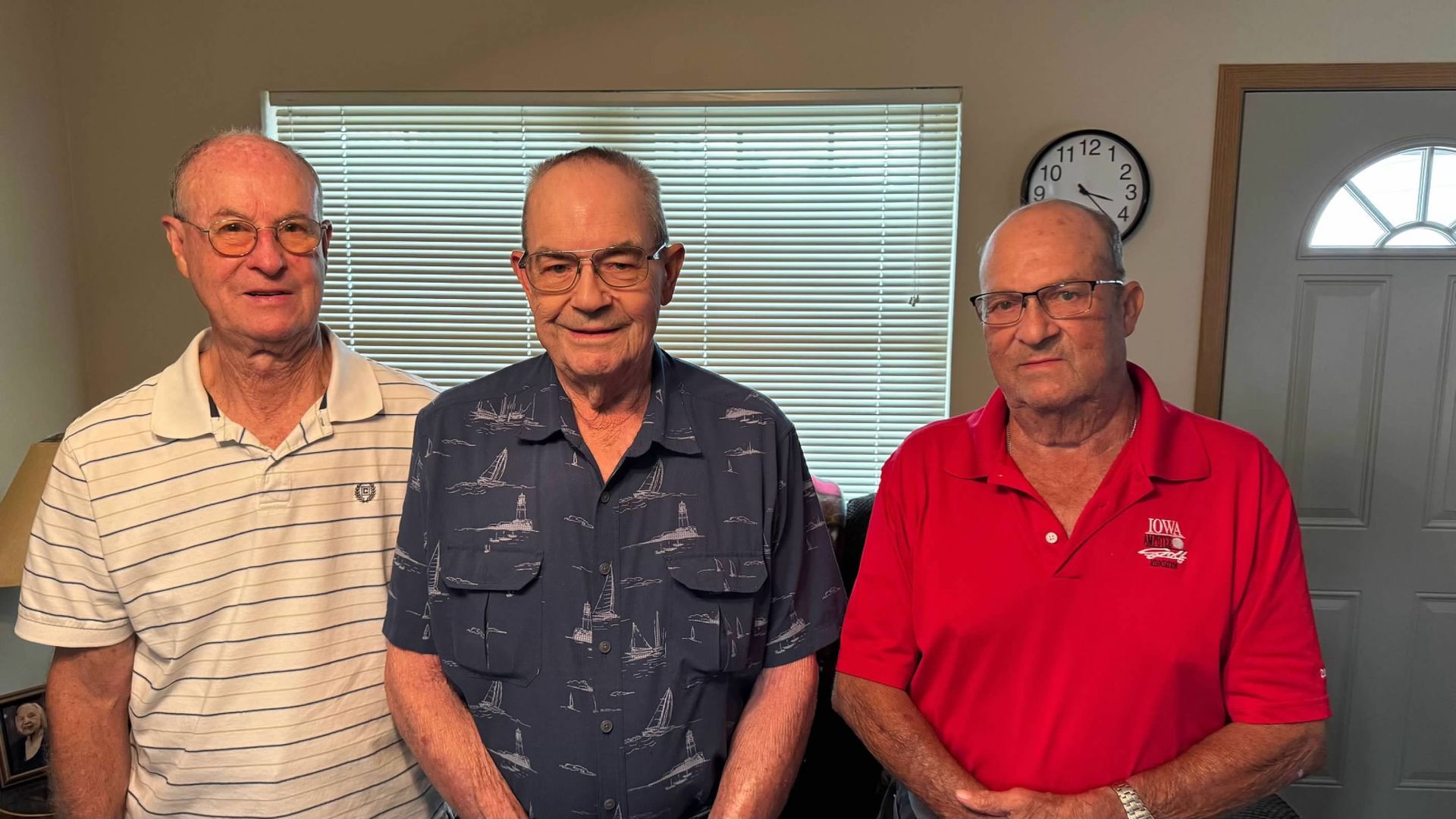Good People in Disguise
I was almost finished with my workout the other day, when a gym newbie took over the last piece of equipment I needed. I had seen this guy a couple of times earlier in the week, and completely misjudged his character. The encounter that ensued had me walking away, sheepishly ashamed of my judgement and reinvigorated by a random act of kindness.
One of the blessings I enjoy from my handicap is being the beneficiary of random acts of kindness. There are exceptions, of course, but for the most part, my handicap brings out the best in people, even people I’ve never met. Strangers open doors for me and go out of their way to greet me. Restaurant managers often stop by my table, just to see how I’m doing. A lady in church routinely brings me communion without me needing to ask. Those are the people I don’t know.
The people I know are always gracious, if I need an extra hand to carry something. If there’s somewhere I want to go, but can’t get there on my own, my friends and family do everything they can to help. Recently, on our annual trip to Cabo, I was even able to go deep-sea fishing for the first time, because my friends did the research and booked a charter that could accommodate me. I might have barfed in a bucket, but I went!
Maybe these things would still happen, if I were able-bodied, but I’ll never know. I do know that most people are good, even if we misjudge them.
The guy at the gym had a hairstyle that I equate with young guys who hoard equipment and pose in the mirror and take selfies between sets. Plus, he was sipping from an energy drink, and he had the audacity to start using an unoccupied piece of equipment that I was quietly planning to use in a few minutes. I think you get the point. I was being overly and unfairly harsh in my assessment of someone I had never met, and God wanted to point out my mistake.
I didn’t think that I was overt in my frustration with the situation, so imagine my surprise when he followed me out to the parking lot. There, he politely introduced himself, and asked me if I was Christian. Not wanting to be randomly evangelized, I was gracious, yet cautious in my response. He continued by saying that God told him that he needed to talk to me. Then, he read a Bible verse about God’s healing power, and he asked if he could say a prayer for me.
He explained that he truly believed that God could heal me. Ashamedly, as he was saying this, I wanted to say that God and a whole bunch of doctors have tried for decades to no avail to heal me, but I let him continue. Finally, he gently grabbed my arm and said a prayer, before excusing himself and returning to the gym.
I believe that God sends people into our lives with the messages we need to hear. The message I received that day was twofold: 1. I need to be less judgmental, and 2. Always take the time to spread kindness. My new gym friend didn’t need to expose himself to possible ridicule by putting himself in an awkward situation with a stranger, but he did, and it changed the trajectory of my week.
Look for an opportunity to spread kindness today. You don’t have to approach a stranger with a prayer. Something as simple and painless as a smile and few kind words can brighten someone’s day. Even if you don’t get the response you expect, you’ll benefit from the effort.

